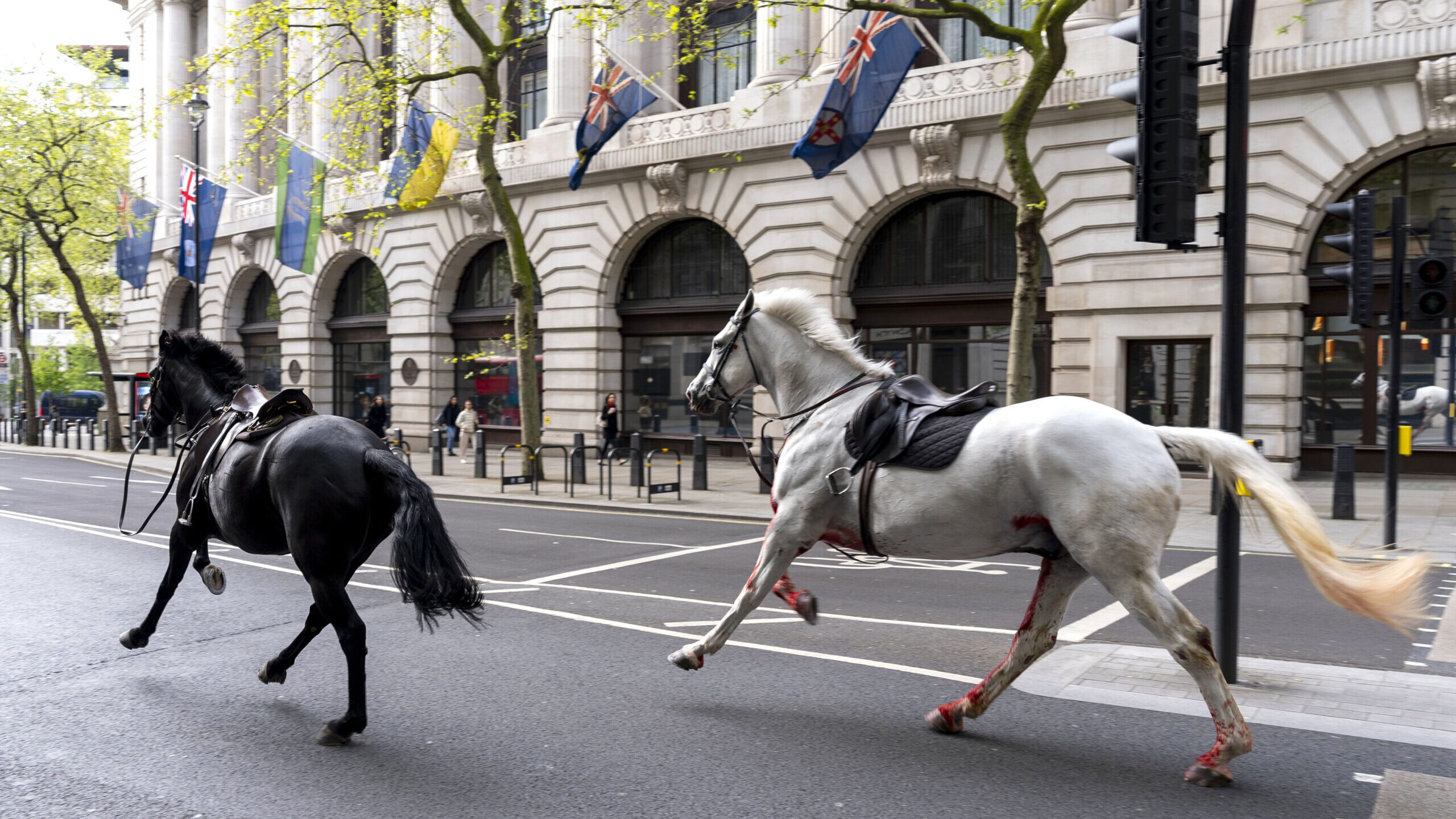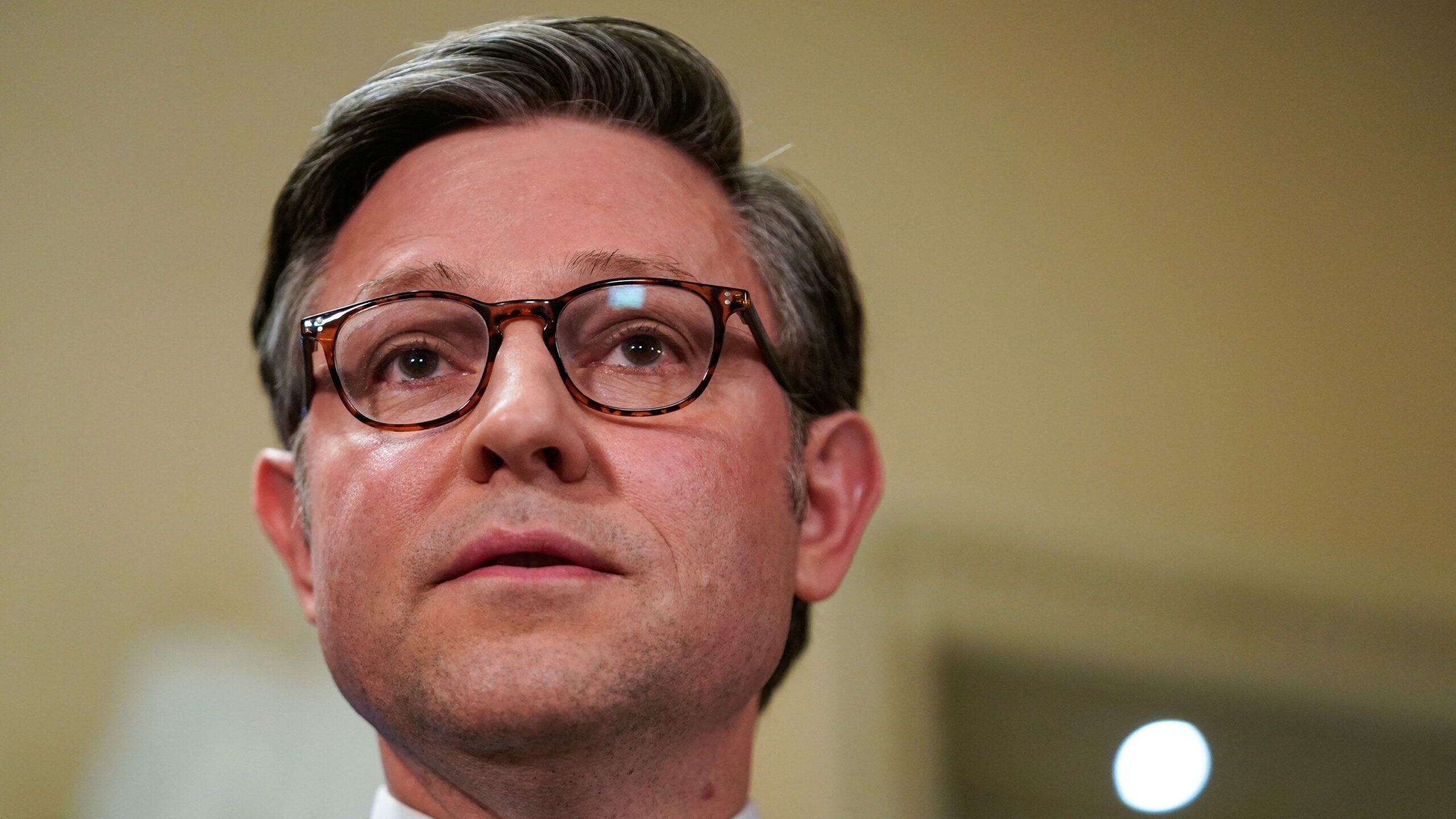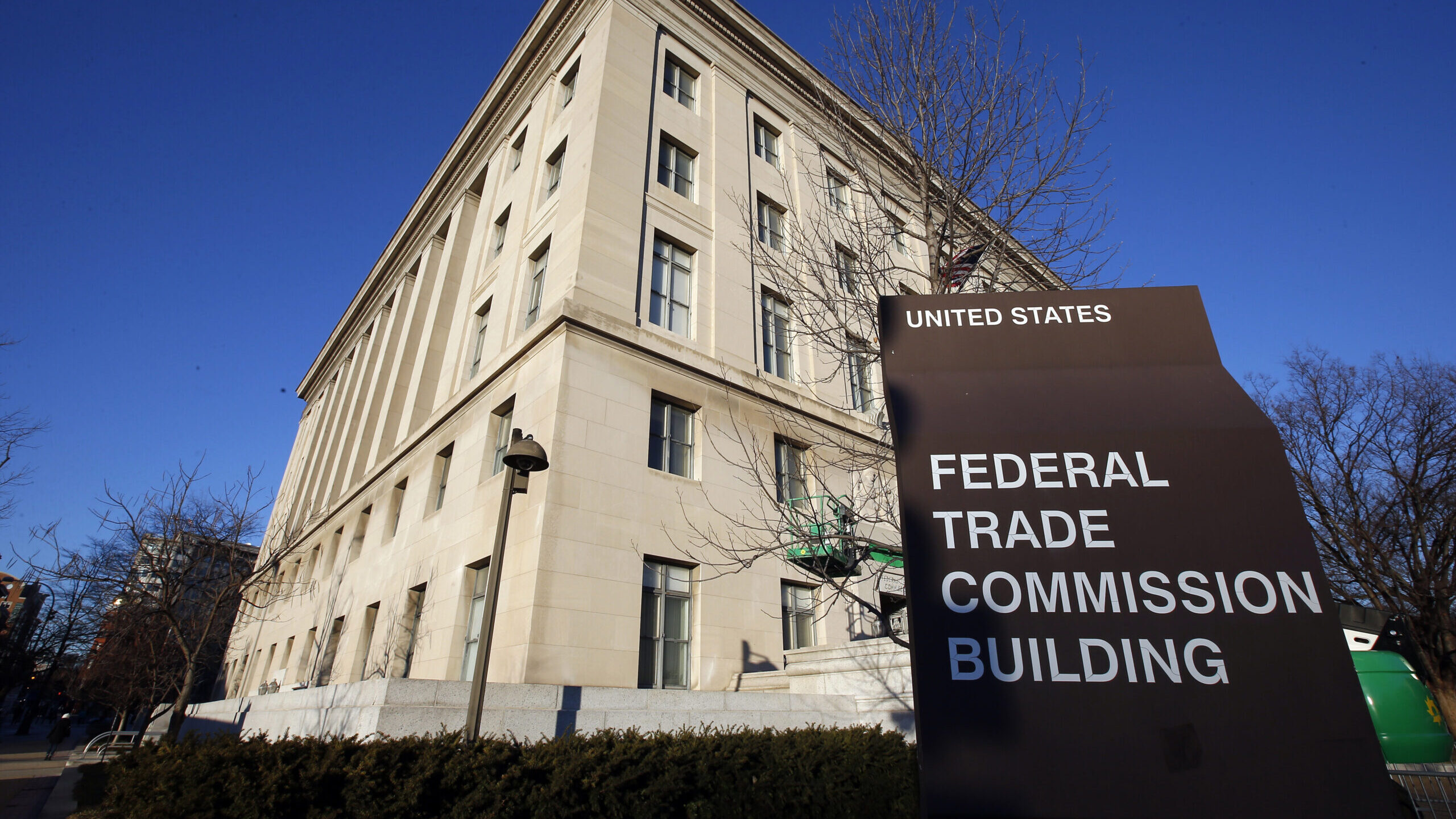WSU professor: Commonwealth future could change, but not quickly
Sep 19, 2022, 5:00 PM | Updated: 5:00 pm

FILE: Flags of Commonwealth countries are seen during the Athletics on day five of the Birmingham 2022 Commonwealth Games at Alexander Stadium on August 02, 2022 in the Birmingham, England. (David Ramos/Getty Images)
(David Ramos/Getty Images)
By mid-afternoon on Monday, September 19th, word came from the official webpage of Britain’s royal family that Queen Elizabeth II had been buried along with her husband, The Duke of Edinburgh, at the King George VI Memorial Chapel.
This was the final word after more than a week’s worth of messages and announcements and news stories that followed the Queen’s death on Sept. 8, 2022.
Now, King Charles the III settles into his new role. And the Commonwealth Realms, the 15 nations that called the Queen (and now the King) their monarch, are also considering their future, including leaving the commonwealth.
“There is the sense that (the Queen’s) death creates new opportunity,” said Weber State University political science professor Janicke Stramer-Smith. “And so they (the commonwealths) have to seize upon it while the conversation is fresh.”
Related: Utah leaders react to the death of Queen Elizabeth II
But Stramer-Smith told KSL NewsRadio’s Dave and Dujanovic that a change to a commonwealth realm doesn’t happen quickly.
“You can’t do it quickly. In Canada it would require a constitutional amendment backed by both houses of parliament and all ten provincial legislatures to start the process.”
“In Caribbean countries, you would have to change the constitution which also requires a referendum,” Stramer-Smith said. There are many more changes, including the structure of a state’s government, it’s political system, and it’s means of elections.
The Commonwealth of Nations and the Commonwealth Realm
The Commonwealth of Nations (the Commonwealth) is described as a political association of 56 states across the world. Most of them are former territories of the former British Empire. Most of the states, 36 of them, are also republics (sovereign states with republican forms of government.) Five states have different monarchs.
As for 15 of those states, the Commonwealth Realm, King Charles III is their monarch. Aside from the United Kingdom, the Commonwealth Realms are Antigua and Barbuda, Australia, The Bahamas, Belize, Canada, Grenada, Jamaica, New Zealand, Papua New Guinea, Saint Kitts and Nevis, Saint Lucia, Saint Vincent and the Grenadines, Solomon Islands, and Tuvalu.
On Saturday, Sept. 10, King Charles III was pronounced the head of state in these Commonwealth Realms. As he is not the head of government, the monarch’s role in the Commonwealth Realms is a symbolic one.
What is the real effect of a future change to the Commonwealth Realm?
It is the United Kingdom that has the most to lose should a member of the commonwealth decide to change it’s form of government in the future, Stramer-Smith said.
“I think it mostly means something to their connection to their past, to the grandeur of the British Empire. The commonwealth is the last expression of that.”
At the time of publication, there were indicators that the discussion was starting.
For instance, a report from The Global Times gathered commonwealth comments made since the Queen’s death.
In one instance, the Times said that Antigua and Barbuda’s Prime Minister said they would “hold a referendum on transitioning to a republic and removing King Charles as head of state within the next three years.”
A member of the Australian parliament and Australian Greens leader Adam Bandt tweeted this response:
Our new head of state has prompted many of us to ask: who do we want to be as a country?
Traditional, colonial, British?
Or unique and united: vibrant multicultural communities in firm solidarity with proud First Nations people?
The time to talk Treaty and republic is now.
— Adam Bandt (@AdamBandt) September 16, 2022
Finally, the Global Times cited a Reuters report that the chair of the Bahamas National Reparations Committee, Niambi Hall-Campbell, had called the Queen’s death an “opportunity to advance discussions of reparations for our region.”













